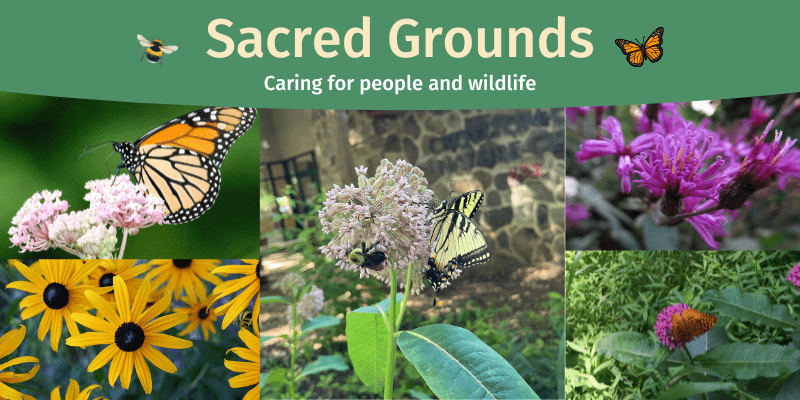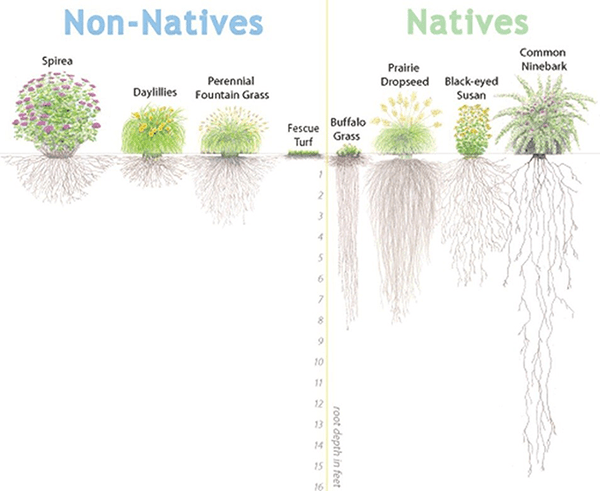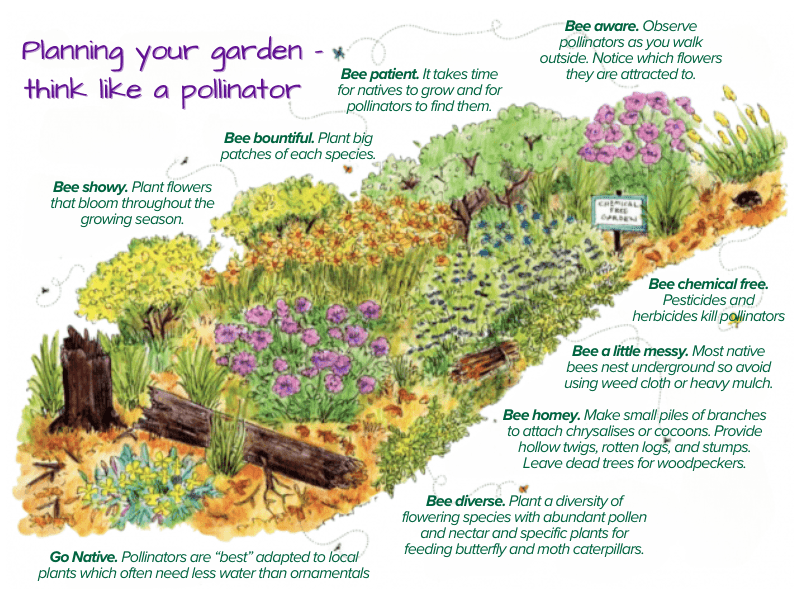
Many congregants of Shaare Torah find joy, peace, and inspiration outdoors. By planting native plants, we can take part in protecting the earth. The Sacred Grounds program invites us to learn from experts about creating a wildlife habitat and protecting our local streams (or other natural features) by planting native plants.
We will share tips on the following:


Landscaping with Native Plants – Maryland Native Plant Society
Chesapeake Bay Native Plant Center
Native Plant nurseries in the Mid-Atlantic region – Maryland Native Plant Society
Native Plants Resource Page – City of Rockville
Better Backyard–A Citizen’s Resource Guide to Beneficial Landscaping and Habitat Restoration in the Chesapeake Bay Watershed, Chesapeake Bay Program
Mistaken Identity–Invasive Plants and Their Native Look-Alikes
Garden for Wildlife, National Wildlife Federation